In the wake of the 2007 general elections and the strident criticism of the polls by opposition parties especially, Umaru Musa Yar’Adua, who won the presidency, made a terse admission and conciliatory statement, that the polls through which he just got to office, were not perfect. That, ordinarily, was not an earth-shaking declaration, considering that no election ever claimed perfection. That statement, however, became a convenient axe, waved by those who were ready to reference Yar’Adua. Interestingly, none of those who easily quoted Yar’Adua on this score, was willing, or fair enough, to acknowledge that the man never said that he did not win the election. Indeed, no other presidential candidate ever laid claim to being the winner of the 2007 presidential election, imperfect as it may have been.
Enter Professor Maurice Iwu, chairman of the Independent National Electoral Commission (INEC), at that critical juncture in history. Iwu never said the election he conducted was perfect. He did say something, however, which got opposition politicians raving. In the heat of the passion over the polls, Prof. Iwu declared, somewhat defiantly, that if the presidential election was conducted ten times over, the prevailing political environment of Nigeria at that period being constant, Peoples Democratic Party (PDP) would still win. More hell was let loose from the corner of critics, but that was, and still remains Prof. Maurice Iwu. He holds on tenaciously to his conviction and hardly backs down. The passion of that moment did not allow many to understand the point he was making. It took a while before many, including those who savaged him earlier, came around to appreciate Iwu’s thesis.
In the first decade after democracy was restored in Nigeria in 1999, PDP was not just the ruling party, it was a behemoth of sorts. The gap between the party and all other parties combined, was unassailable. PDP was dominant in every other zone of the country, but one. That was the point Prof. Iwu was making when he said that opposition parties, contending individually, would never win, that PDP would always prevail, even if elections were held donkey times. The truth was evident, but as one of the critics asked, why should Iwu say it?
Prof. Iwu was appointed Chairman of the INEC in May 2005. He had served briefly as a National Commissioner, before being appointed Chairman. Iwu came to INEC with a glittering profile as a renowned scientist, in the area of pharmacognosy, with many global scientific laurels to his name. He had his early education at Christ the King School, Aba and St. Pius X College, Bodo, Ogoni, Rivers state. He subsequently schooled at the University of Bradford, United Kingdom, where he obtained PhD.
He was, at various times, a World Health Organization (WHO) visiting scholar to the Dyson Perrins Laboratory, University of Oxford (1908); Fulbright Scholar at Ohio State University, Columbus Ohio (1983); Senior Research Scholar Award winner at the U.S. National Research Council, Washington, DC (1993-1995); Vice President, Research and Development, Tom’s of Maine, as well as member of the board of directors, Axxon Biopharm Inc, USA. In 1999 he won the US National Research International Prize for Ethnobiology.
He worked at the Division of Experimental Therapeutics of the highly regarded Walter Rees Army Institute of Research, Washington, D.C, where he was a Senior Research Associate. At the University of Nigeria, Nsukka, he was a professor of Pharmacognosy
Prof. Iwu brought a remarkable spirit of innovation to INEC. He not only elevated the place of technology in the electoral process, he totally overhauled the electoral systems management. To his credit are such landmarks in the electoral management system in Nigeria, as the establishment of The Electoral Institute (TEI), which has become the hub of research and documentation in INEC. He presided over the acquisition of the exquisite building that houses the TEI. Iwu introduced the use of National Youth Service Corps members in the electoral process, using the young citizens on national service to replace ad hoc staff who had hitherto been drawn from the open society, an arrangement that became problematic, when politicians started fronting their agents as election ad hoc staff.
Under Iwu also, electronic registration of voters was introduced. He ushered in the era of Direct Data Capture, through which registered voters had their finger print and images captured during registration, for the first time in Nigeria. INEC under him partnered with Chams to establish a voter’s card production facility in Abuja. The idea of a permanent voter’s card matured only after he left office.
On the administrative level, Prof. Iwu as chairman, fought and won a free hand for INEC to appoint its secretary, who is the head of administration of the Commission. Until Iwu’s advent, the Federal Government used to second a senior permanent Secretary to function as Secretary of INEC. He found that awkward, knowing that such a secretary can only owe his or her allegiance to those who appointed them.
While for many politicians and critics, Prof, Iwu’s tenure at INEC is essentially seen from the prism of how the 2007 presidential election went, inside the gates of the electoral commission, Iwu remains something of a cult hero. His bonding with the personnel of the Commission, cemented by his innovations and premium on staff welfare remains unparalleled.
In June 2010, Iwu completed his five-year tenure as INEC Chairman and left office. One year after, in 2011 another general election was held, under a different chairman. Once more, PDP prevailed. Leaders of the opposition parties then remembered that Prof. Iwu once told them that unless they joined forces, PDP will continue to win. The opposition parties faced reality and forged a common front. The rest is history.
In the years after managing Nigeria’s electoral process, Prof. Iwu settled back into the ambience he is used to. He returned to research and production of natural health products that promote wellness. He was also appointed into the board of Neimeth International Pharmaceuticals. As president of Bioresources Development Group (BDG), Prof. Iwu is actively involved in promoting national policies that seek to accord due recognition to natural products and medicine, as a viable approach to achieving a healthy society.
Professor Maurice Mmaduakolam Iwu, eminent research scientist, former Chief Electoral Officer of Nigeria and a philanthropist, turns 75 years today, April 21 2025. His, has surely, been a fulfilling, eventful life. He often smiles through challenges, but hardly leaves unsaid that which he believes he must say. Here, are 75 bouquets for Professor Maurice Iwu. He has lived an impactful life. Thankfully, his hands are still on the plough.
Ezeani, columnist, was a newspaper editor and head of the Publicity Division at INEC



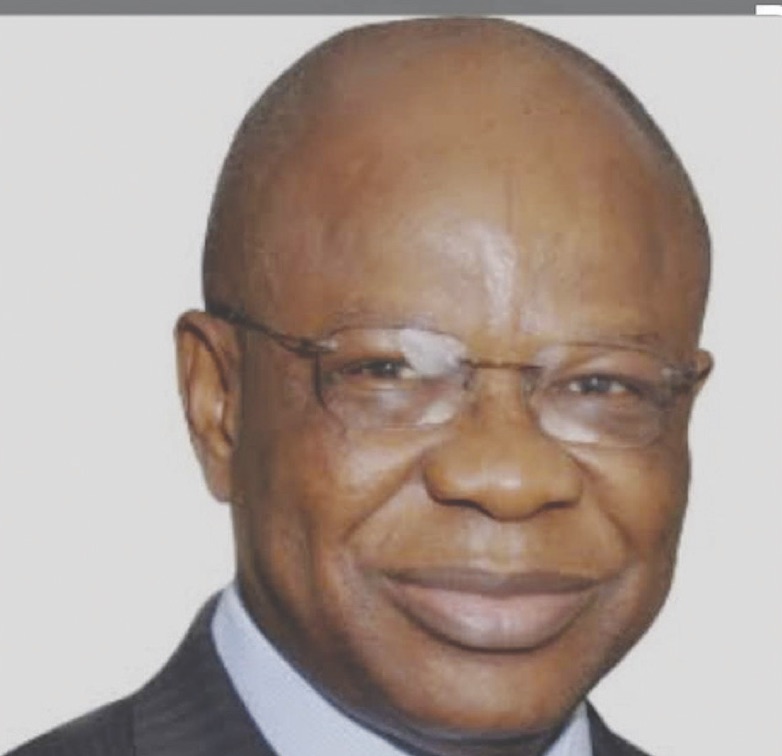

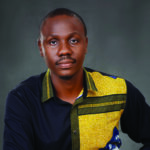

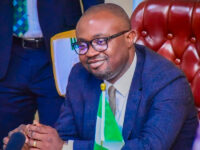


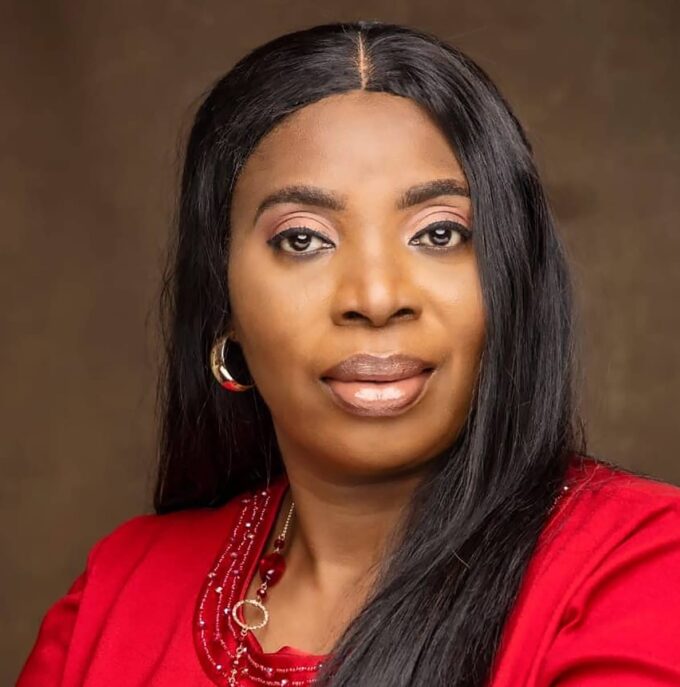
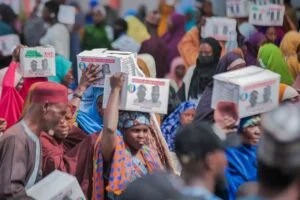




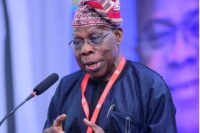
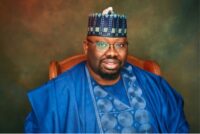
Leave a comment